
Butare: The Cultural Heart of Rwanda
Nestled in the southern province of Rwanda, Butare is a city rich in history and cultural heritage. Known as the cultural heart of Rwanda, Butare offers a unique blend of traditional and modern experiences that captivate every visitor. The city is home to the National Museum of Rwanda, which provides an in-depth look into the country's vibrant history and culture. Walking through its halls, you will discover artifacts, traditional crafts, and exhibits that tell the story of Rwanda's past. Butare is also a hub for education, housing the prestigious University of Rwanda. The city's youthful energy is palpable, as students from all over the country and beyond come here to learn and grow. The local markets are bustling with activity, offering a chance to taste local delicacies and buy handmade crafts. The community's warm hospitality will make you feel welcomed and at home. For nature lovers, Butare is surrounded by beautiful landscapes. A short drive from the city will take you to lush hills and scenic views that are perfect for hiking and picnicking. The serene environment provides a peaceful retreat from the hustle and bustle of city life. With its rich cultural heritage, educational prominence, and natural beauty, Butare is a must-visit destination for any traveler exploring Rwanda.
Local tips in Butare
- Visit the National Museum of Rwanda early in the day to avoid crowds and have a more personal experience.
- Explore local markets for unique handmade crafts and try traditional Rwandan dishes.
- If you're visiting the University of Rwanda, check out their event calendar for cultural and educational activities open to the public.
- Take a short drive to the surrounding hills for beautiful hiking trails and scenic picnic spots.
- Engage with locals to learn more about their customs and traditions; their hospitality is one of the highlights of visiting Butare.
Butare: The Cultural Heart of Rwanda
Nestled in the southern province of Rwanda, Butare is a city rich in history and cultural heritage. Known as the cultural heart of Rwanda, Butare offers a unique blend of traditional and modern experiences that captivate every visitor. The city is home to the National Museum of Rwanda, which provides an in-depth look into the country's vibrant history and culture. Walking through its halls, you will discover artifacts, traditional crafts, and exhibits that tell the story of Rwanda's past. Butare is also a hub for education, housing the prestigious University of Rwanda. The city's youthful energy is palpable, as students from all over the country and beyond come here to learn and grow. The local markets are bustling with activity, offering a chance to taste local delicacies and buy handmade crafts. The community's warm hospitality will make you feel welcomed and at home. For nature lovers, Butare is surrounded by beautiful landscapes. A short drive from the city will take you to lush hills and scenic views that are perfect for hiking and picnicking. The serene environment provides a peaceful retreat from the hustle and bustle of city life. With its rich cultural heritage, educational prominence, and natural beauty, Butare is a must-visit destination for any traveler exploring Rwanda.
When is the best time to go to Butare?
Iconic landmarks you can’t miss
Kigali Genocide Memorial
Explore the Kigali Genocide Memorial, a profound historical site that honors the victims of the 1994 genocide and promotes peace and reconciliation in Rwanda.
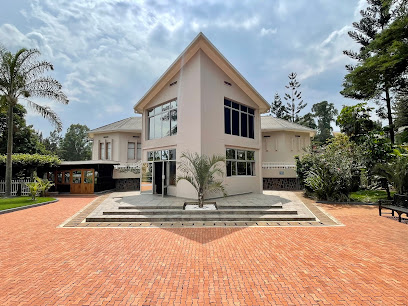
Inema Arts Centre
Discover the vibrant art scene at Inema Arts Centre in Kigali, showcasing local artists and their unique cultural expressions through stunning paintings and sculptures.
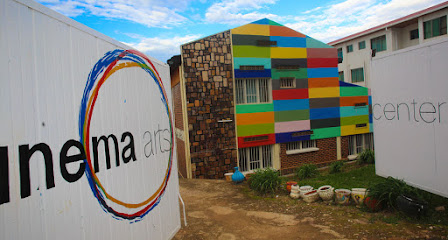
Nyungwe Forest National Park
Discover the lush beauty and rich biodiversity of Nyungwe Forest National Park, Rwanda's stunning national park and a haven for nature lovers.
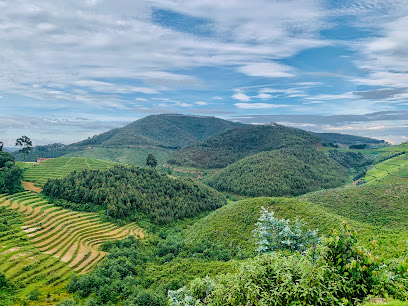
Ethnographic Museum
Explore the Ethnographic Museum in Butare, where Rwanda's cultural heritage and history come to life through engaging exhibits and immersive experiences.
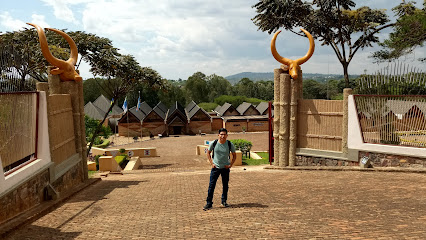
King's Palace Museum
Explore the regal past of Rwanda at the King's Palace Museum, where history and culture come alive through captivating exhibits and stunning architecture.
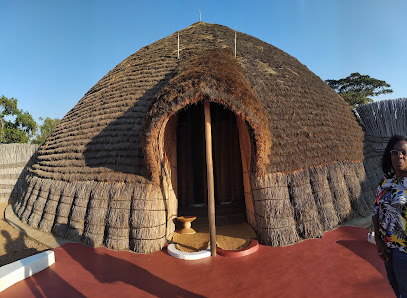
Rwanda Art Museum
Explore the Rwanda Art Museum, a historical gem showcasing the vibrant art and culture of Rwanda in the heart of Kigali.
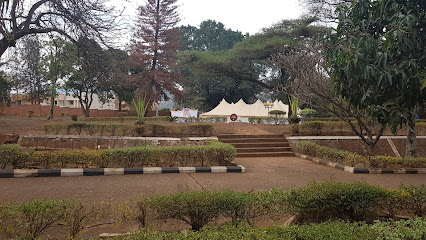
Kandt House Museum
Discover Rwanda's past at Kandt House Museum, where history and culture come to life in the heart of Kigali.
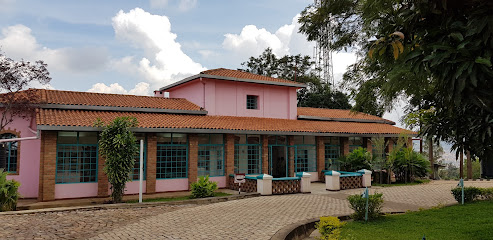
Belgian Peacekeepers Memorial
Explore the Belgian Peacekeepers Memorial in Kigali, a profound tribute to peace and remembrance, reflecting on Rwanda's journey towards reconciliation.
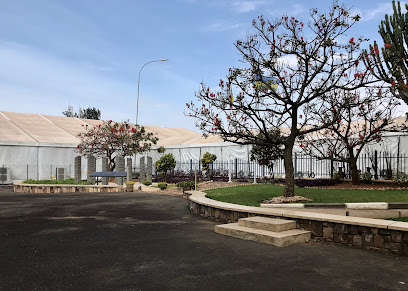
Niyo Arts Gallery
Explore the vibrant artistry of Rwanda at Niyo Arts Gallery, where culture and creativity come together in a stunning display.
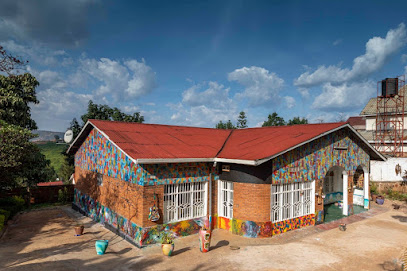
Campaign Against Genocide Museum
Explore Rwanda's history and resilience at the Campaign Against Genocide Museum in Kigali, a vital site for understanding human rights and reconciliation.
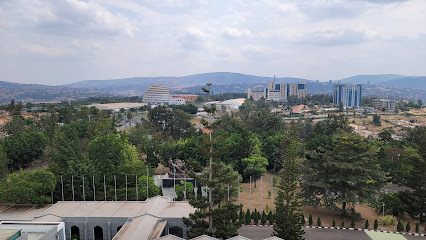
Nyanza Genocide Memorial
Explore the Nyanza Genocide Memorial, a profound tribute to Rwanda's history and resilience, fostering remembrance and education for all visitors.
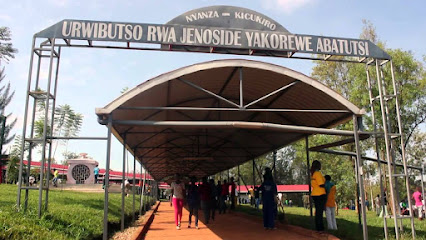
Nyamata Church Genocide Memorial
Explore the Nyamata Church Genocide Memorial, a poignant tribute to Rwanda's history and a testament to the resilience of its people.
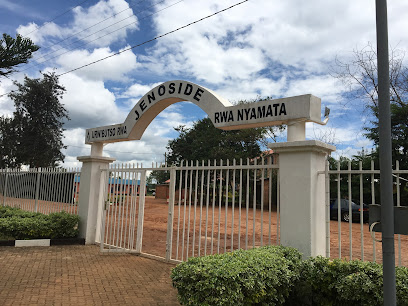
Kitabi Eco-Center
Explore the beauty of nature at Kitabi Eco-Center, an ecological paradise in Nyamagabe, Rwanda, perfect for nature lovers and eco-adventurers.
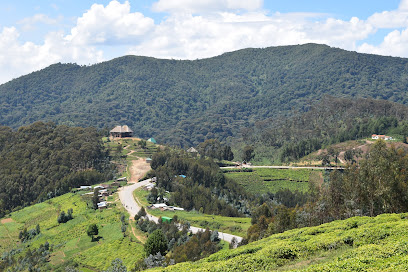
Museum of Environment
Explore Rwanda's ecological legacy at the Museum of Environment in Kibuye, where nature and education intertwine for an unforgettable experience.
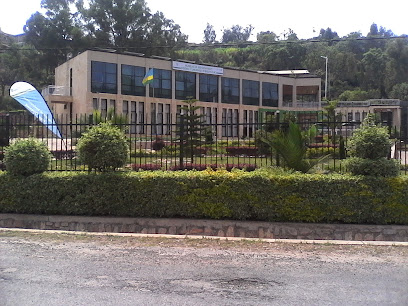
Gishwati-Mukura National Park and Biosphere Reserve
Explore Gishwati-Mukura National Park: A hidden paradise of lush landscapes and rich biodiversity in the heart of Rwanda.
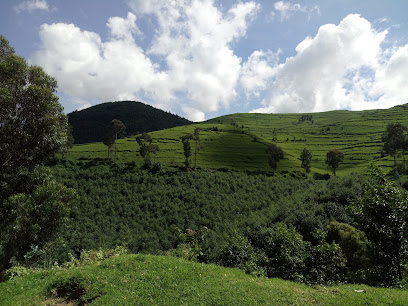
Unmissable attractions to see
Ethnographic Museum
Uncover Rwanda's cultural heritage at the Ethnographic Museum in Butare, a captivating journey through history and tradition awaits.
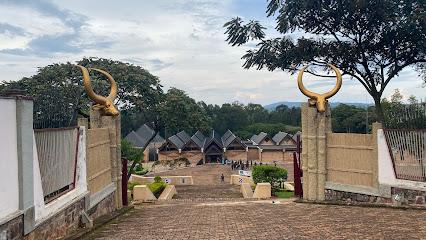
King's Palace Museum
Explore the King's Palace Museum in Nyanza, a cultural gem showcasing Rwanda's royal heritage and rich traditions, perfect for history enthusiasts and curious travelers.
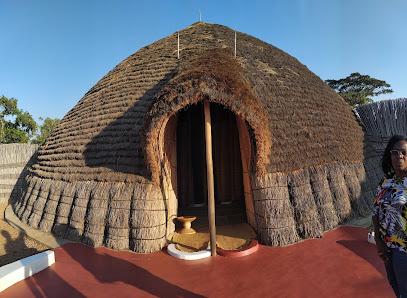
Nyandungu Urban Wetland Eco-tourism Park
Explore Nyandungu Urban Wetland Eco-tourism Park - a tranquil urban oasis in Kigali showcasing rich biodiversity and serene landscapes.
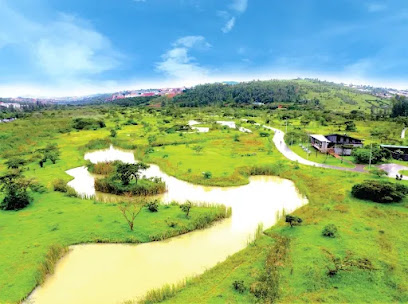
Kibeho Holy Land Tours (KHLT)
Discover the spiritual serenity and breathtaking beauty of Kibeho, Rwanda's sacred site and a significant pilgrimage destination in Africa.
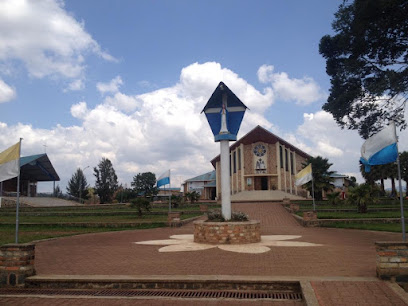
Mur de Kigali
Mur de Kigali: A powerful memorial reflecting Rwanda's journey of resilience and reconciliation after the 1994 genocide, a must-visit for every traveler.
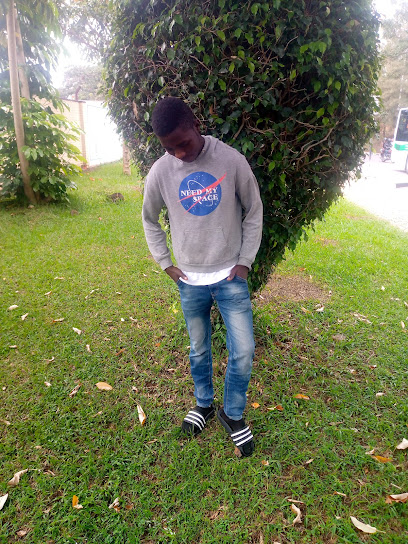
Murambi Genocide Memorial Centre
Explore the Murambi Genocide Memorial Centre, a poignant museum dedicated to the victims of the 1994 genocide, fostering remembrance and understanding.
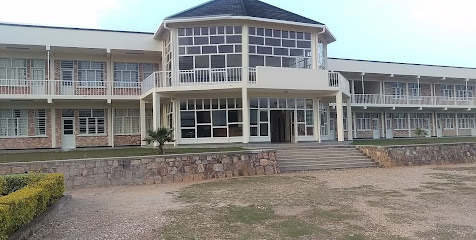
Kwigira Museum
Discover Rwanda's rich culture at Kwigira Museum in Nyanza, where history and heritage come alive in engaging exhibits and artifacts.
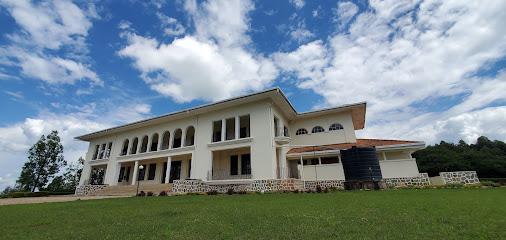
Ngoma Genocide Memorial
Explore the Ngoma Genocide Memorial in Butare, a serene site dedicated to honoring the victims of the Rwandan genocide and promoting peace and reconciliation.
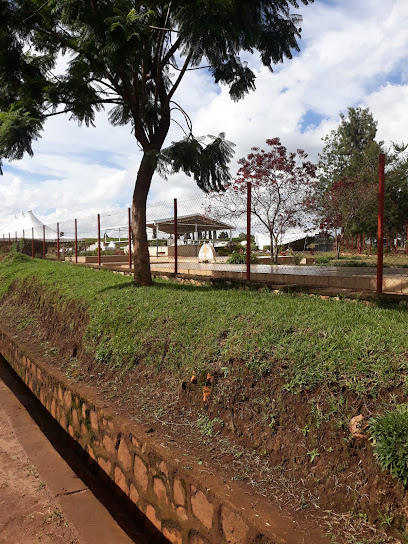
La Cabane Africaine
Discover the vibrant culture and exquisite flavors of Africa at La Cabane Africaine, a unique dining experience in the heart of Kigali, Rwanda.
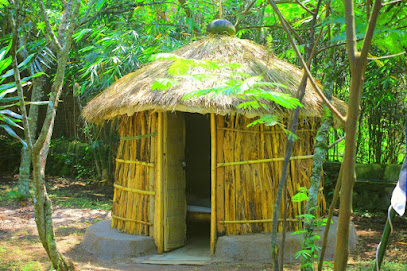
Rwanda African Art Museum
Explore the vibrant culture and artistic heritage of Rwanda at the Rwanda African Art Museum in Nyanza, a must-visit destination for tourists.

RUGARAMA
Discover the beauty and tranquility of Rugorama Park, a serene green space in Ruhashya, perfect for relaxation and family outings.

ISAR BAMBOO Forest
Discover the tranquil beauty of ISAR BAMBOO Forest, a serene escape in Ruhashya, ideal for nature lovers and adventure seekers alike.

Kitabi Cultural Village (KCV)
Experience the vibrant culture and traditions of Rwanda at Kitabi Cultural Village, where history and artistry come to life.
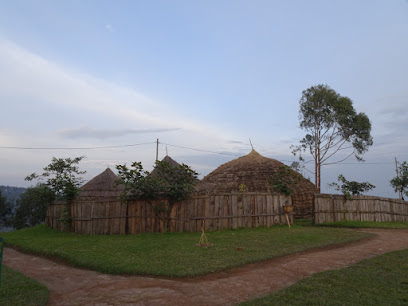
Karama Genocide memorial
Discover the profound history and resilience at the Karama Genocide Memorial in Butare, a reflective tribute to the lives lost during the Rwandan Genocide.

Nice Field
Discover the tranquil beauty of Nice Field in Butare, Rwanda, a serene garden perfect for relaxation and nature immersion.
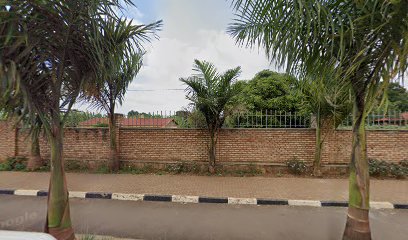
Essential places to dine
Chinese Restaurant - Good to Back
Discover authentic Chinese cuisine at Good to Back in Butare—where every dish tells a story of flavor and tradition.
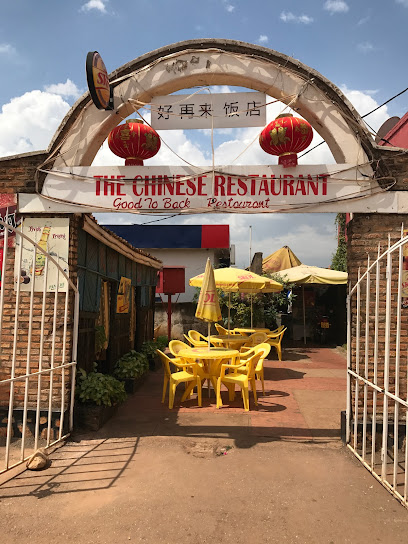
Amafu ya Huye
Experience authentic Rwandan flavors at Amafu ya Huye in Butare – where every meal tells a story.
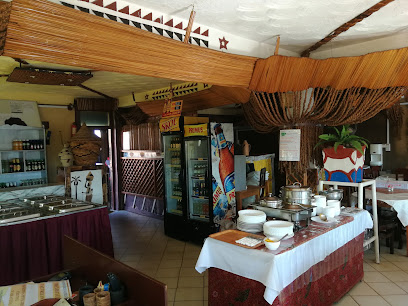
E-Bis
Experience authentic Rwandan cuisine at E-Bis, a must-visit restaurant in Butare offering delicious local dishes in a warm atmosphere.
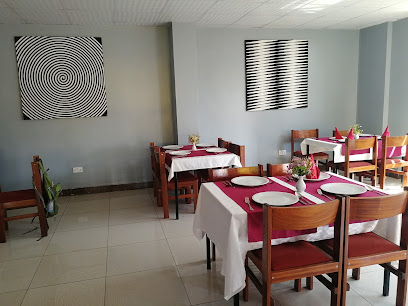
Africano Restaurant in Huye - Rwanda
Experience authentic Rwandan cuisine at Africano Restaurant in Huye - A culinary journey filled with rich flavors and warm hospitality.
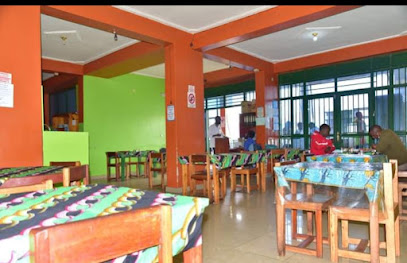
Fresh Rolex
Discover authentic Rwandan cuisine at Fresh Rolex in Butare—where every bite tells a story of flavor and tradition.
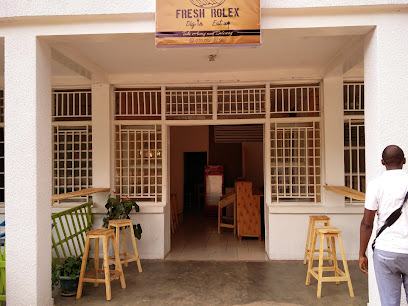
Eden café
Experience the vibrant flavors of Rwanda at Eden Café in Butare, where local dishes meet international cuisine in a cozy setting.
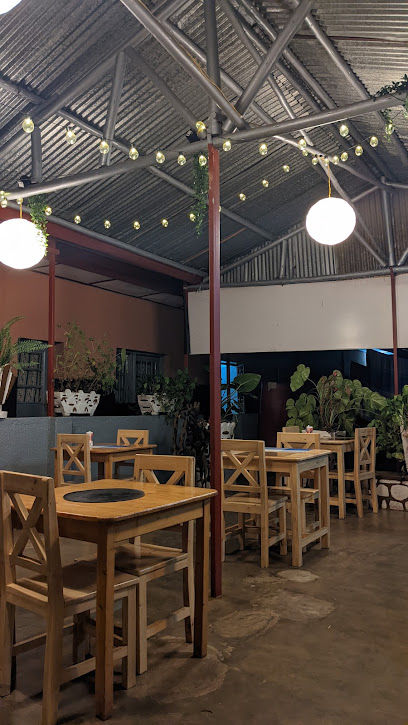
Upendi Pub (The Romantic)
Experience the romantic ambiance and delectable grilled dishes at Upendi Pub in Butare - a must-visit for food lovers.
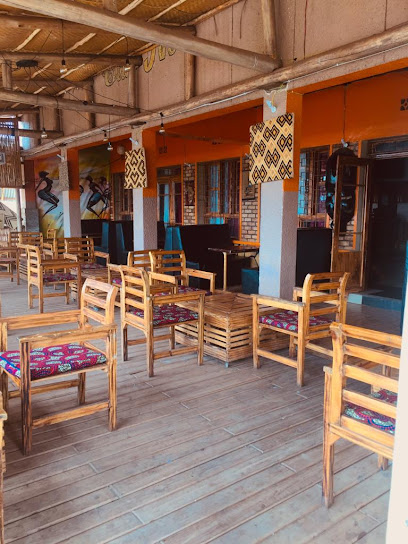
Cascade Restaurant
Experience authentic Rwandan flavors and global cuisine at Cascade Restaurant in Butare – where every meal tells a story.
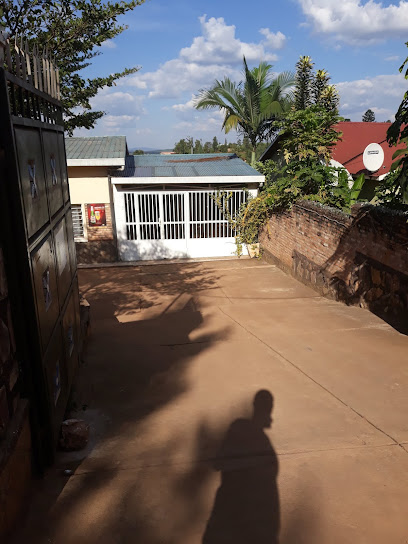
Chez Venant
Discover authentic Rwandan flavors at Chez Venant - where every dish tells a story.
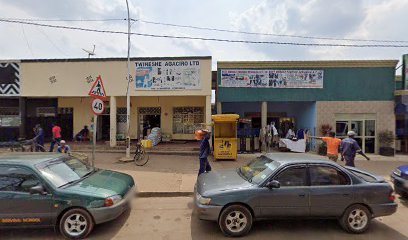
Kwa Ndamukunda
Experience authentic Rwandan cuisine at Kwa Ndamukunda in Butare – where flavors meet culture.
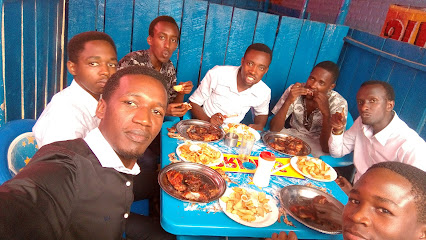
5/5 Bar & Restaurant
Discover the flavors of Rwanda at 5/5 Bar & Restaurant in Butare – where culinary excellence meets vibrant nightlife.
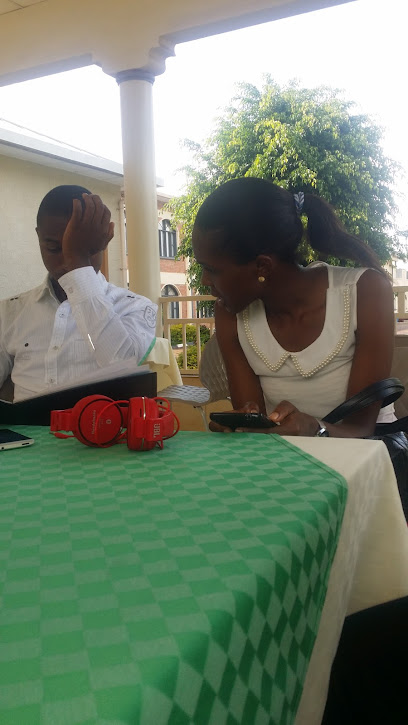
Kwa Gikongoro Restaurant
Experience authentic Rwandan cuisine at Kwa Gikongoro Restaurant in Butare – where every dish tells a story.
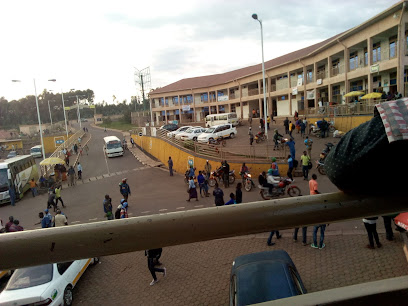
City Snack Resto Bar
Discover authentic Rwandan cuisine at City Snack Resto Bar in Butare – where flavors meet warm hospitality.
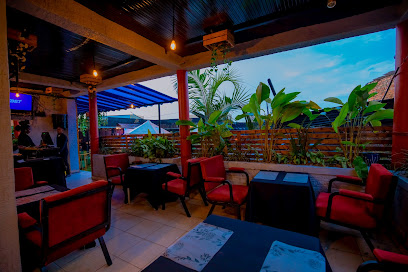
Kiza Restaurant
Discover Kiza Restaurant in Butare for an exquisite blend of traditional Rwandan flavors and international cuisine in a cozy atmosphere.
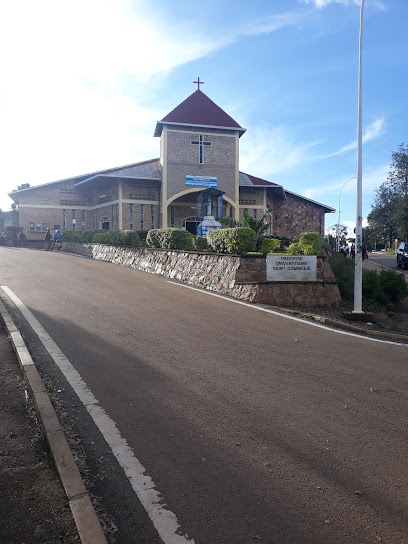
Blessing Restaurant
Experience authentic Rwandan flavors at Blessing Restaurant in Butare – where every meal tells a story.
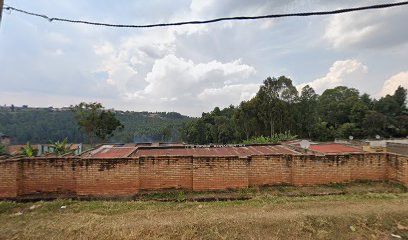
Markets, malls and hidden boutiques
La Copabu
Explore the vibrant world of Rwandan handicrafts and antiques at La Copabu, a must-visit fair in Butare for cultural enthusiasts and souvenir hunters.
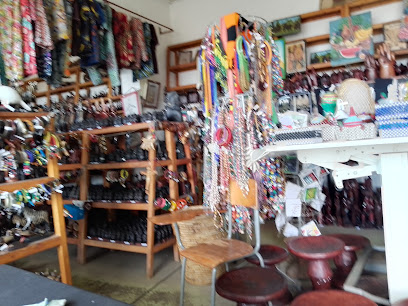
Ineza Shop
Explore the vibrant Ineza Shop in Butare, where Rwandan craftsmanship meets unique boutique shopping for an unforgettable experience.
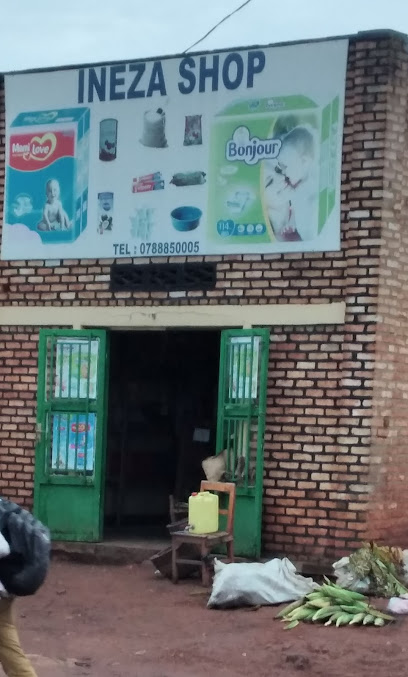
Cyarabu
Explore Cyarabu in Butare for unique Rwandan clothing and accessories that embody the country's rich cultural heritage.
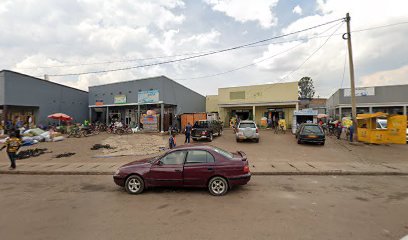
BYOSE SHOP
Explore BYOSE SHOP in Butare for a unique shopping experience filled with local crafts, souvenirs, and everyday essentials.
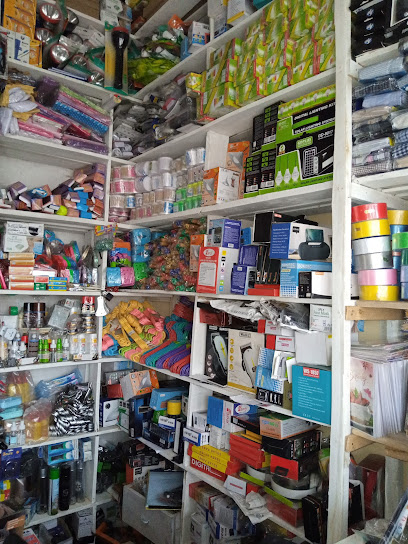
Our Amazing Seasonal Improvement
Explore Rango Market in Butare, Rwanda - a vibrant boutique destination showcasing local crafts, fresh produce, and the rich culture of the Huye district.
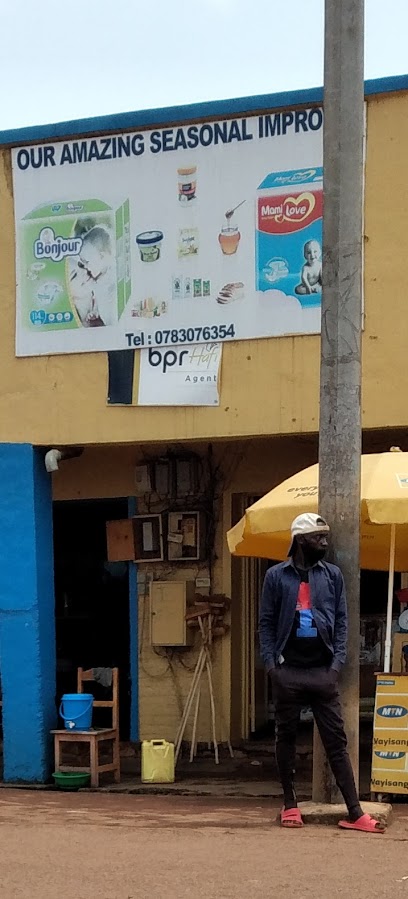
Boutique Chez Jules
Explore Boutique Chez Jules in Butare for an unforgettable shopping experience filled with authentic Rwandan crafts and unique souvenirs.
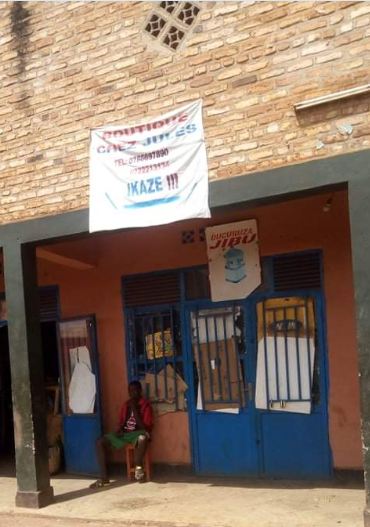
Ishingiro Boutique Co. Ltd
Explore the vibrant culture of Rwanda at Ishingiro Boutique Co. Ltd in Butare, where authentic craftsmanship meets unique shopping.
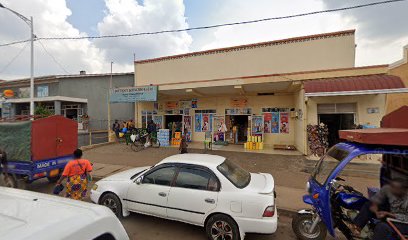
Nshimiye Shop
Explore Nshimiye Shop in Butare for authentic Rwandan crafts and textiles, a true reflection of the country’s rich cultural heritage.
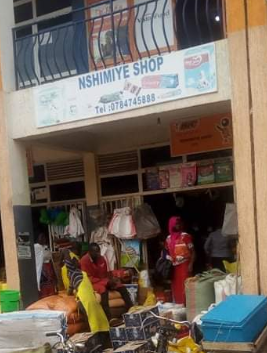
Boutique Iwacu
Explore the vibrant artistry and craftsmanship of Rwanda at Boutique Iwacu, a must-visit shopping destination in Butare.
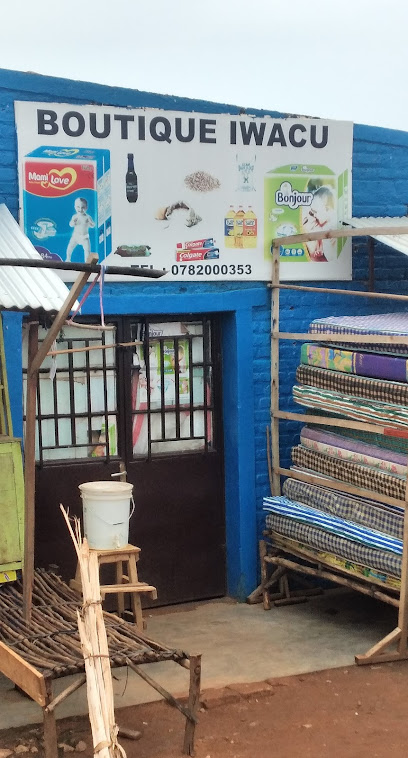
Denilinza Shop
Discover Denilinza Shop in Butare - a boutique haven for authentic Rwandan crafts and unforgettable souvenirs.
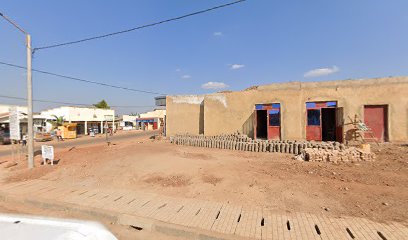
Hozana Boutique
Discover Hozana Boutique in Huye, Rwanda - a treasure trove of local crafts, fashion, and unique souvenirs that showcases the rich heritage of the region.
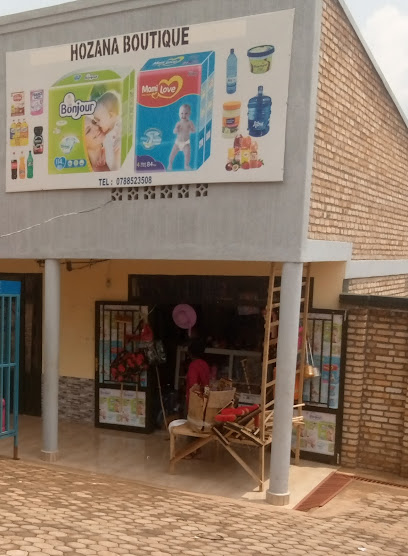
Chez Remy
Explore the heart of Rwandan craftsmanship at Chez Remy, a boutique in Tumba offering unique local products and cultural experiences.
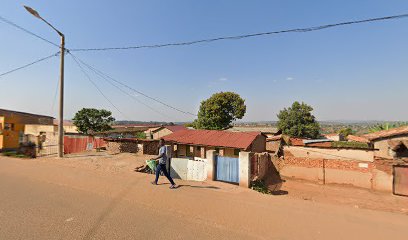
MUTI BOUTIQUE
Discover local flavors and unique artisan goods at MUTI BOUTIQUE, Butare's charming grocery store for tourists seeking an authentic experience.
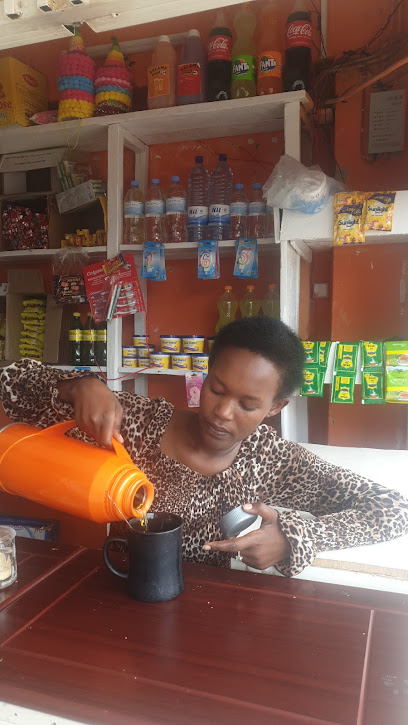
Twagira boutique
Discover the essence of Rwandan craftsmanship at Twagira Boutique in Butare, offering unique handmade crafts and fashion.
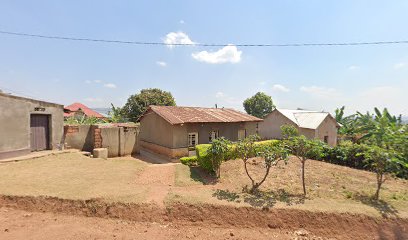
Rich Store
Explore trendy clothing and unique local designs at Rich Store in Butare, a vibrant shopping destination reflecting Rwandan culture.
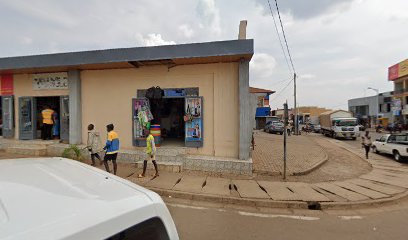
Essential bars & hidden hideouts
Upendi Pub (The Romantic)
Discover Upendi Pub in Butare: A Grill and Pub Experience Infused with Local Flavors and Unforgettable Ambiance.
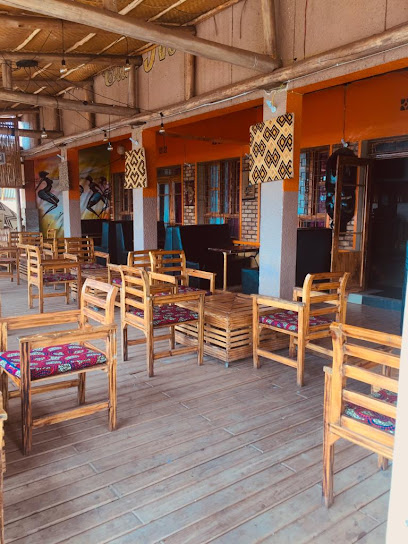
5/5 Bar & Restaurant
Experience the best of Rwandan cuisine and vibrant nightlife at 5/5 Bar & Restaurant in Butare!
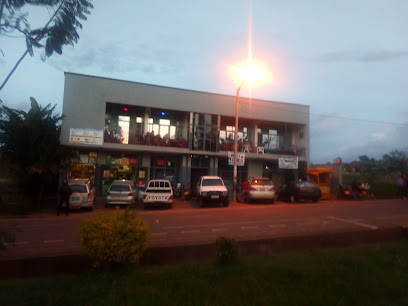
Chez Fanny
Discover the warmth and charm of Chez Fanny, a cozy bar in Butare offering a delightful escape and a taste of local culture.
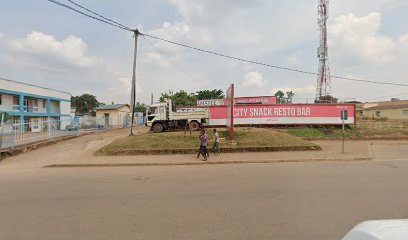
Bar Dancing Iwacu
Experience the vibrant nightlife and delicious grilled cuisine at Bar Dancing Iwacu in Butare, where locals and tourists come together.
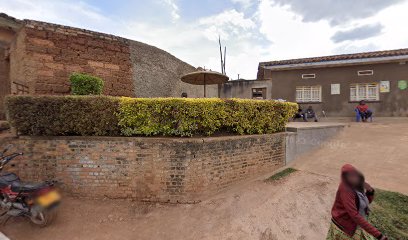
Club Ibisi bya Huye
Discover the vibrant atmosphere and local culture at Club Ibisi bya Huye, a must-visit bar in Butare, Rwanda, for an unforgettable experience.
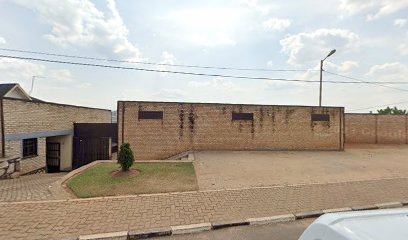
WhatsApp Bar
Discover the vibrant culture and local brews at WhatsApp Bar, Butare's go-to spot for unwinding and socializing with friends.

Amazone Bar
Experience the lively ambiance and refreshing drinks at Amazone Bar in Huye, Rwanda – a perfect spot for unwinding and socializing.
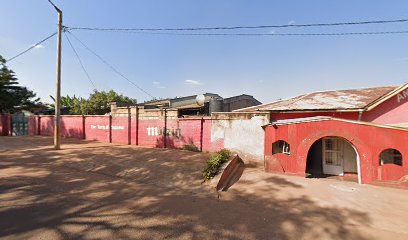
Biara & Khan Palace
Indulge in Rwandan flavors at Biara & Khan Palace, a grill restaurant in Butare with a unique blend of cultural heritage and culinary excellence.
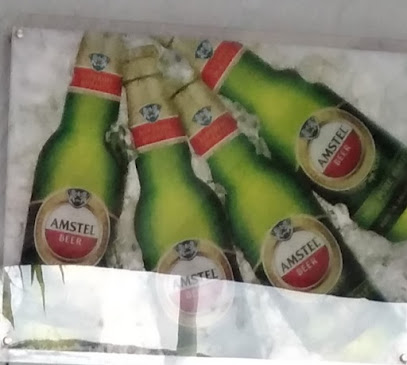
Vito Bar &Restaurant
Discover the rich flavors of Rwanda at Vito Bar & Restaurant, where local ingredients meet global cuisine in a vibrant setting.
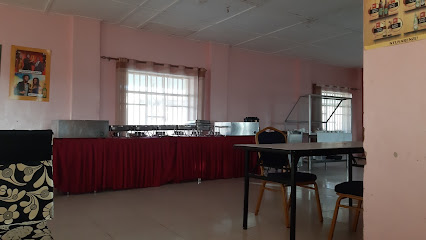
Bar Igitesanyi
Discover the lively atmosphere and local flavors at Bar Igitesanyi, a vibrant bar in Butare, Rwanda, perfect for unwinding and socializing.
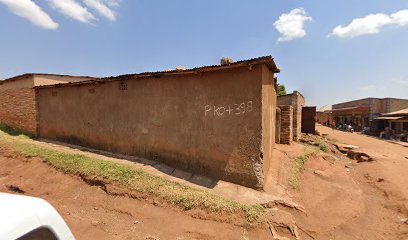
Bar African Shop
Discover the vibrant culture of Rwanda at Bar African Shop, a local favorite in Butare for authentic drinks and a lively atmosphere.
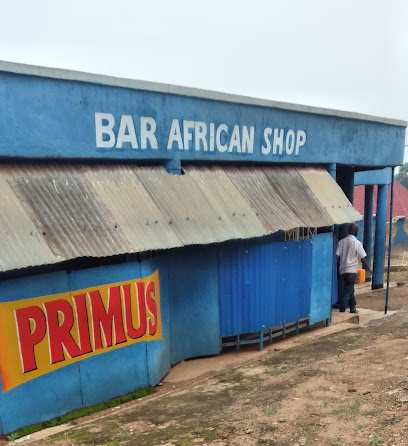
Romantic Bar
Discover the flavors of Rwanda at the Romantic Bar in Huye, where local cuisine meets a welcoming atmosphere for an unforgettable dining experience.
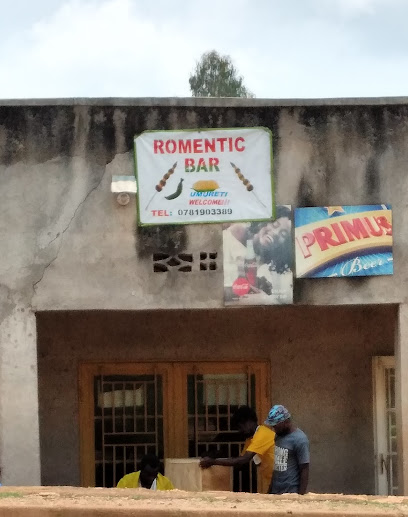
Sports Corner
Experience authentic Rwandan flavors and a vibrant atmosphere at Sports Corner, the ultimate grill destination in Butare.
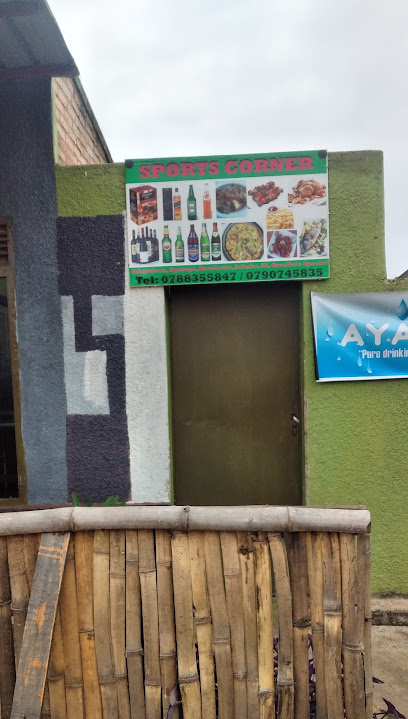
Bar La Force
Experience the vibrant nightlife of Butare at Bar La Force, where local music and refreshing drinks await you in a welcoming atmosphere.
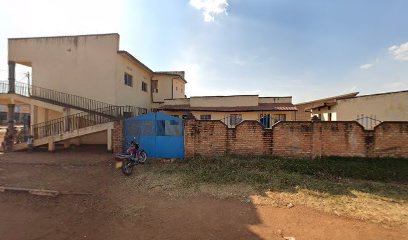
Local Phrases
-
- HelloMuraho
[moo-rah-ho] - GoodbyeMurabeho
[moo-rah-beh-ho] - YesYego
[ye-go] - NoOya
[oh-ya] - Please/You're welcomeKomeza
[ko-meh-za] - Thank youMurakoze
[moo-rah-ko-zeh] - Excuse me/SorryNdasubirwaho
[ndah-soo-beer-wa-ho] - How are you?Amakuru?
[ah-mah-koo-ro] - Fine. And you?Ni meza. Wewe?
[nee meh-za. way-way] - Do you speak English?Mwakoresheje ikinyarwanda?
[mwa-koh-reh-sheh-je ee-kee-nya-rwan-da] - I don't understandNtumva
[ntoom-va]
- HelloMuraho
-
- I'd like to see the menu, pleaseNifuza kureba ijambo, komeza
[nee-foo-zah koo-reh-ba ee-jam-bo, ko-meh-za] - I don't eat meatSinuka ibiryo by'ibiryo
[see-noo-kah ee-beer-yo bee-beer-yo] - Cheers!Amahoro!
[ah-ma-ho-ro] - I would like to pay, pleaseNifuza kugaruka, komeza
[nee-foo-zah koo-ga-roo-kah, ko-meh-za]
- I'd like to see the menu, pleaseNifuza kureba ijambo, komeza
-
- Help!Umwisanzure!
[oom-wee-san-zoo-reh] - Go away!Bibuka!
[bee-boo-kah] - Call the Police!Simbura Polisi!
[seem-boo-rah poh-lee-see] - Call a doctor!Simbura dokotora!
[seem-boo-rah doh-koh-toh-rah] - I'm lostNdi muri rusange
[ndee moo-ree roo-sang-ge] - I'm illNdi mwirabuze
[ndee mwee-rah-boo-zeh]
- Help!Umwisanzure!
-
- I'd like to buy...Nifuza kugura...
[nee-foo-zah koo-goo-ra] - I'm just lookingNanze nsanga
[nah-nzeh n-sang-ga] - How much is it?Ni iki gihe?
[nee ee-kee gee-he] - That's too expensiveIyi ni y'icyenda
[ee-yee nee ee-chyen-da] - Can you lower the price?Wibaze koherereza isoko?
[wee-ba-zeh koh-heh-reh-reh-za ee-so-ko]
- I'd like to buy...Nifuza kugura...
-
- What time is it?Ni gihehe?
[nee gee-heh-heh] - It's one o'clockNi saa imwe
[nee sah eem-weh] - Half past (10)Saa inkumi n'icyenda
[sah een-koo-mee nee-chee-yen-da] - MorningIgisibo
[ee-gee-see-bo] - AfternoonIgihembwe
[ee-gee-hem-bweh] - EveningIgisibo
[ee-gee-see-bo] - YesterdayEjo
[eh-joh] - TodayUyu munsi
[oo-yoo moon-see] - TomorrowEjo hazaza
[eh-joh ha-za-za] - 1Rimwe
[ree-mweh] - 2Kabiri
[kah-bee-ree] - 3Gatatu
[ga-ta-too] - 4Kane
[kah-neh] - 5Gatanu
[ga-ta-noo] - 6Gatandatu
[ga-tan-da-too] - 7Kagatandatu
[kah-ga-tan-da-too] - 8Munani
[moo-nah-nee] - 9Icyenda
[ee-chee-yen-da] - 10Icumi
[ee-choo-mee]
- What time is it?Ni gihehe?
-
- Where's a/the...?Aho ari...?
[ah-ho ah-ree] - What's the address?Icyabasobanuye ni iki?
[ee-chya-bah-so-bah-noo-yeah nee ee-kee] - Can you show me (on the map)?Wibaze kanjyi (muri iki gishushanyo)?
[wee-ba-zeh kan-jee (moo-ree ee-kee gee-shoo-shan-yo)] - When's the next (bus)?Igihe cy'icyumweru kijyana?
[ee-gee-he chee-chee-oom-weh-ro kee-jyah-nah] - A ticket (to ....)Igishoro (kuri ....)
[ee-gee-sho-ro koo-ree]
- Where's a/the...?Aho ari...?
History of Butare
-
Butare, originally known as Astrida, was established during the German colonial period in the early 20th century. After World War I, it came under Belgian control. The city was named after Queen Astrid of Belgium, reflecting the European influence that shaped its early development.
-
Butare has long been considered the intellectual heart of Rwanda. In 1963, the National University of Rwanda was established here, fostering a culture of academic excellence. This institution has produced many of the country's leaders in various fields and remains a pivotal center for higher education in Rwanda.
-
The Ethnographic Museum, formerly known as the National Museum of Rwanda, was inaugurated in 1989 and houses one of the finest collections of ethnographic artifacts on the African continent. The museum offers an in-depth look at Rwandan culture, history, and traditions through its extensive exhibits.
-
Butare was significantly impacted during the 1994 Rwandan Genocide. Initially a safe haven, it quickly became the scene of tragic massacres. The city's university and hospitals turned into places of horror, reflecting the widespread atrocities that occurred throughout the country. Today, Butare is a place of remembrance and education about this dark chapter in Rwanda’s history.
-
Post-genocide, Butare has seen significant efforts towards rehabilitation and development. The city has rebuilt its educational institutions and infrastructure. Butare's revival is a testament to the resilience and determination of its residents. Modern Butare is a vibrant, growing city that continues to honor its past while looking towards the future.
-
Butare hosts various cultural festivals that celebrate Rwandan traditions and heritage. The Ingoma Nshya women's drumming group, based in Butare, is renowned for its performances and has played a significant role in promoting cultural expression and unity. The city’s festivals are a colorful and vibrant display of Rwandan music, dance, and art.
-
The region surrounding Butare is known for its fertile land and agricultural productivity. Coffee and tea plantations are prominent, contributing significantly to the local economy. Butare's markets are bustling with fresh produce, reflecting the importance of agriculture in daily life and commerce.
Butare Essentials
-
Butare, also known as Huye, is located in the southern part of Rwanda. The nearest international airport is Kigali International Airport, approximately 135 kilometers away. From Kigali, you can take a bus, taxi, or rent a car to reach Butare. The journey typically takes around 2 to 3 hours by road. Regular bus services are provided by companies like Volcano Express and Horizon Express, offering a comfortable and affordable ride.
-
Within Butare, local transportation options include motorcycles (motos), taxis, and buses. Motos are a quick and affordable way to get around, but always negotiate the fare before starting your journey. Taxis are available and can be hired for longer trips. Public buses and minibuses operate within the city and connect to nearby towns and villages. Walking is also a feasible option for exploring the city center and nearby attractions.
-
The official currency in Rwanda is the Rwandan Franc (RWF). Credit cards are accepted in some hotels, restaurants, and larger shops, but it is advisable to carry cash, especially in smaller establishments and markets. ATMs are available in Butare, but make sure to inform your bank of your travel plans to avoid any issues with card usage. Currency exchange services are available in banks and some hotels.
-
Butare is generally safe for tourists, but it is always best to take standard precautions. Avoid walking alone at night in unfamiliar areas and keep an eye on your belongings in crowded places like markets. While Butare does not have specific high-crime areas targeting tourists, stay vigilant and aware of your surroundings.
-
In case of emergency, dial 112 for immediate assistance. Butare has a local police station and medical facilities, including the University Teaching Hospital of Butare. It is recommended to have travel insurance that covers medical emergencies. For minor health issues, pharmacies are available where you can purchase over-the-counter medications.
-
Fashion: Do dress modestly and respectfully, especially when visiting religious sites. Avoid wearing revealing clothing. Religion: Do respect local customs and traditions. When visiting churches or mosques, dress conservatively and remove your shoes when required. Public Transport: Do be respectful and give up your seat to elderly passengers. Don't eat or drink on public transport. Greetings: Do greet people with a handshake and a friendly smile. Saying 'Muraho' (Hello) is a good way to start a conversation. Eating & Drinking: Do try local delicacies and accept food offerings graciously. Don't refuse hospitality, as it is considered impolite. Always wash your hands before eating, as it is a common practice.
-
To experience Butare like a local, visit the local markets where you can buy fresh produce and traditional Rwandan goods. Engage with locals, as they are often friendly and willing to share stories about the city's history and culture. Don't miss visiting the National Museum of Rwanda for a deep dive into the country's history and cultural heritage. For a taste of local cuisine, try dishes like 'Isombe' (cassava leaves) and 'Ugali' (maize porridge) at local restaurants.
Trending Landmark in Butare
-
Kigali Genocide Memorial
-
Inema Arts Centre
-
Nyungwe Forest National Park
-
Ethnographic Museum
-
King's Palace Museum
-
Rwanda Art Museum
-
Kandt House Museum
-
Belgian Peacekeepers Memorial
-
Niyo Arts Gallery
-
Campaign Against Genocide Museum
-
Nyanza Genocide Memorial
-
Nyamata Church Genocide Memorial
-
Kitabi Eco-Center
-
Museum of Environment
-
Gishwati-Mukura National Park and Biosphere Reserve
Nearby Cities to Butare
-
Things To Do in Ngozi
-
Things To Do in Kayanza
-
Things To Do in Kirundo
-
Things To Do in Karongi
-
Things To Do in Muhanga
-
Things To Do in Nyamata
-
Things To Do in Muyinga
-
Things To Do in Kibuye
-
Things To Do in Muramvya
-
Things To Do in Cibitoke
-
Things To Do in Kigali
-
Things To Do in Gitega
-
Things To Do in Bujumbura
-
Things To Do in Rubavu
-
Things To Do in Gisenyi









